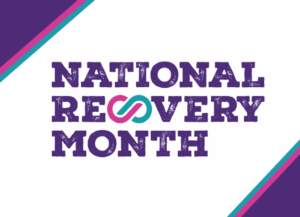Typically for in-person service delivery, both clinicians and peer support specialists must possess skills to create an environment that is private, distraction-free, and encourages patients or peers to discuss/disclose information that is important to positively impacting treatment outcomes and/or recovery goals. The same requirements exist for services delivered virtually. Using technology to facilitate clinical or recovery support sessions requires clinicians and peer support specialists to simulate real-time experiences (Hilty, 2002) that promote a therapeutic alliance (treatment) or connection (peer support). However, virtual service delivery requires some careful modification of the clinicians’ or peer support specialists’ skills to ensure engagement occurs and positive working relationships are developed. This workshop will highlight how to develop a virtual presence that leads to building empathy, trust, and mutual respect.
Learning Objectives:
- Define the term engagement and how it relates to virtual service delivery
- Identify the factors that contribute to the development of a ‘virtual presence’
- Name the three critical factors that help build an alliance
Presenters: Nancy A. Roget, MS, MFT, LADC and Maryellen Evers, LCSW, CAADAC, CMFSW



